As a personal fitness trainer, I often work with clients who come to me with underlying health conditions. One of the most common health condition I am approached about is high cholesterol. These type of clients usually desire a change in their lifestyle in hopes to lower their cholesterol.
As a nutrition consultant, I not only create customized meal plans, but I also educate my clients on how to eat a specific way that is beneficial to helping them lower their cholesterol.
In this blog, I am going to share some of the important factors when it comes to lowering your cholesterol. I will also go over some of the eating habits I help clients instill into their healthy lifestyle. Lastly, I’m going to share with you some awesome foods that can help you lower your cholesterol. But before I kick some knowledge your way, I want to talk about a common misconception about high cholesterol.
Why Is It Hard To Detect High Cholesterol?
I hear it all the time, “Not me, I work out and eat good.” That may be true, but like many other underlying health conditions, cholesterol doesn’t discriminate when it comes to its choice of pray.
One known factor is that high cholesterol has no symptoms. That’s right! You can be in tip top shape, have zero body fat, and have the physical endurance of a cheetah, and still be a victim of high cholesterol. In fact, high cholesterol affects over 73.5 million adults in the United States. To make matters worse, as we get older, our bodies are more prone to high cholesterol. See chart below.
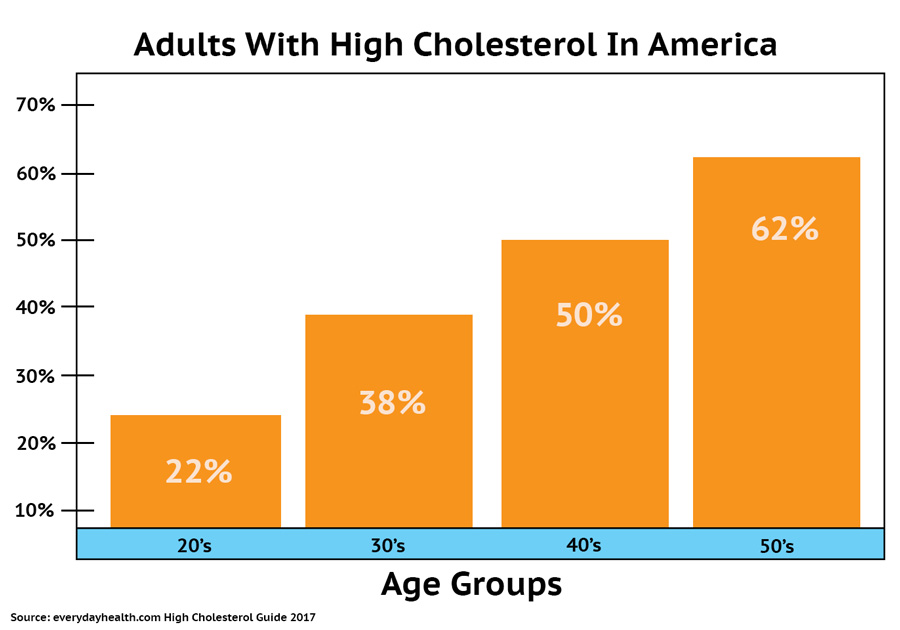
In reference to the graph above, high cholesterol becomes more common as we age.
Furthermore, because there are no symptoms, many people are not aware that their cholesterol is too high. For most people, the only way to know is to have your doctor perform a simple blood test.
How Do You Get High Cholesterol?

High cholesterol is usually the result of bad eating habits and unhealthy lifestyle choices. Some behaviors that can negatively affect your cholesterol are:
- Unhealthy Diet
- Lack of Physical Activity
- Cigarette smoking
- Being overweight or obesity
Depending on your lifestyle, your body produces two main types of cholesterol.
The first is HDL (high-density lipoprotein). This is known as “good cholesterol” because it helps rid your body of excess cholesterol in your arteries. The second is LDL (Low-density Lipoproteins). This is known as “bad cholesterol” because it takes cholesterol to your arteries. Too much cholesterol in your arteries can increase risk of other major health problems.
Just like most people, I always have trouble distinguishing the two apart. The easiest way for me to remember this is by saying:
(Picture me in my caveman voice): “HDL good! LDL bad!”
Heredity Can Be A Reason You Have High Cholesterol
High cholesterol can also be hereditary. Parents can pass genes down to their children that can increase levels of cholesterol in their blood. Most people who inherit these genes have higher cholesterol levels than people without this condition.
Furthermore, a majority of people who inherit these types of genes from their parents may have a hard time regulating their cholesterol levels. In many cases, they need to use medication to help lower their cholesterol.
Why is High Cholesterol Bad For Me?
Having high cholesterol puts you at risk for stroke or heart attack.
Other risk factors are:
- Heart Disease
- Atherosclerosis
- Reduced blood flow and oxygen
- Kidney disease
- High Blood Pressure
- Peripheral Arterial Disease
- Aortic Aneurysm
*Remember, if you’re concerned about your health, consider speaking to your doctor.
Eat in a Heart Healthy Way!
Here’s a little know fact: Heart disease is the #1 cause of death each year in the United States. To emphasize, that means 1 out of every 4 deaths in the U.S. are caused by heart disease! If you have high cholesterol, think about your heart! Eating heart healthy is a great way to help lower your cholesterol and help reduce your chances of heart disease.
The first way to eat heart healthy is by limiting your saturated fats. One way to do this is by limiting red meat. Living in Texas, that’s easier said then done! As we all know, when you’re born and raised in the south, steak is like its own food group! I’m not suggesting that you completely cut red meat out of your diet. I’m just recommending you limit how often you eat it.
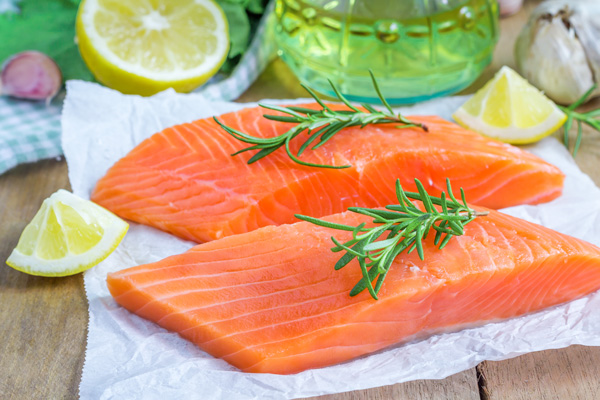
Another way to lower cholesterol is to limit whole-fat dairy products.
Some examples of whole-fat dairy are:
- Butter
- Whole Milk
- Yogurt (Made from whole milk)
- Cheese
- Ice Cream
- Cream
Cut Down on Pre-packaged Processed Foods
Pre-packaged process foods contain large amounts of sodium, sugar, and trans fat. Trans fats raise overall cholesterol. Although process foods are convenient, they are not always the best choice when it comes to your health.
Try to limit or if willing, eliminate eating pre-packaged process foods.
So examples of prepackaged foods that contain trans fat are:
- Cereal
- Cookies
- Potato Chips
- Cakes
- Crackers
- Frozen Dinners
- Frozen Pizzas
- Bacon
- Granola Bars
- Microwave Popcorn
- Fruit Snacks
- Instant Ramen
Try Eating Foods Enriched With Omega-3
Adding foods to your diet that are rich in omega-3’s can be beneficial to your heart’s health as well. Some examples of foods enriched with Omega-3’s are:
- Salmon
- Mackerel
- Oysters
- Walnuts
- Flaxseeds
- Chia Seeds
- Soybeans
- Canola Oil
- Avocados
Increase Your Daily Fiber Intake
Adding fiber to your daily food intake can be very effective when it comes to lowering your cholesterol. Fiber helps to reduce the adsorption of cholesterol into the bloodstream.
Some Examples of foods rich in fiber are:
- Oats
- Beans
- Apples
- Sweet Potatoes
- Avocado (Good fat)
- Quinoa (my favorite)
- Broccoli
- Blueberries
- Nuts
- Almonds
- Bananas
Exercise Daily
We all want to have higher high-density lipoprotein numbers.
Remember: (my caveman voice again) HDL good… LDL bad!
Being active can also help promote better HDL levels.
When I create workout routines for my clients, I always take into consideration how much physical endurance their bodies can tolerate. For example, depending on age, and if someone hasn’t really spent too much time working out, I might start them off with a simple 30 minute daily walk. If clients have a history of workout experience, I may add a quick 20 minute cardio workout.
For those who have experienced and survived a hardcore Travis Johnson workout, I may add High Intensity Interval Training (HIIT) to their workouts.

Regardless of age, size, weight, and workout history, it is beneficial to find an activity you love to do. Whether it’s getting on your Peloton, playing tennis, running, or just a good old fashion walk around the block, exercising daily is a great way to help lower your cholesterol.
Lose a Little Weight
Even being a few pounds overweight can spike your cholesterol levels. For those who are obese, this put you at even higher risk for high cholesterol, stroke, and heart disease.
As you work on lowering your cholesterol through fitness and nutrition, it’s possible you will also lose weight.
Have Alcohol in Moderation!
Alcohol in moderation could help with raising your HDL levels (Good cholesterol). For example, so experts believe that drinking moderate amounts of beer or red wine can help lower the risk of heart disease.
However, you have to be careful. The key word here is moderation. Too much alcohol can have the opposite effect and raise your cholesterol.
For example, a 12 ounce beer contains an average of 153 calories. If you were to consume 3 or more drinks in a week, that’s over 450 calories.
Conclusion
Healthy lifestyle changes doesn’t always guarantee that you’ll be able to lower your cholesterol levels. It is important to speak to your physician. They can help you stay on top on your health and be mindful of your cholesterol levels.
Most importantly, like with any workout, always consult with your doctor before starting a new fitness program. Working with your doctor ahead of time is a good way of making sure that these exercise programs are right for you.
SOURCES: CDC.GOV/CHOL FACTS; EVERYDAYHEALTH.COM/HIGH CHOL GUIDE; HEALTHHARVARD.EDU/FOOD THAT LOWER CHOL.; HEART.ORG/CAUSE OF HIGH CHOL.; HEALTHLINE.COM/IS HIGH CHOL HEREDITARY; HEALTHLINE.COM/HDL VS LDL; HEALTHLINE.COM/HEART DISEASE; HEALTHLINE.COM/LEADING CAUSE OF DEATH; HEALTHLINE.COM/PROCESSED FOODS TO AVOID
Subscribe
Join to receive weekly health & fitness tips!
RELATED BLOGS
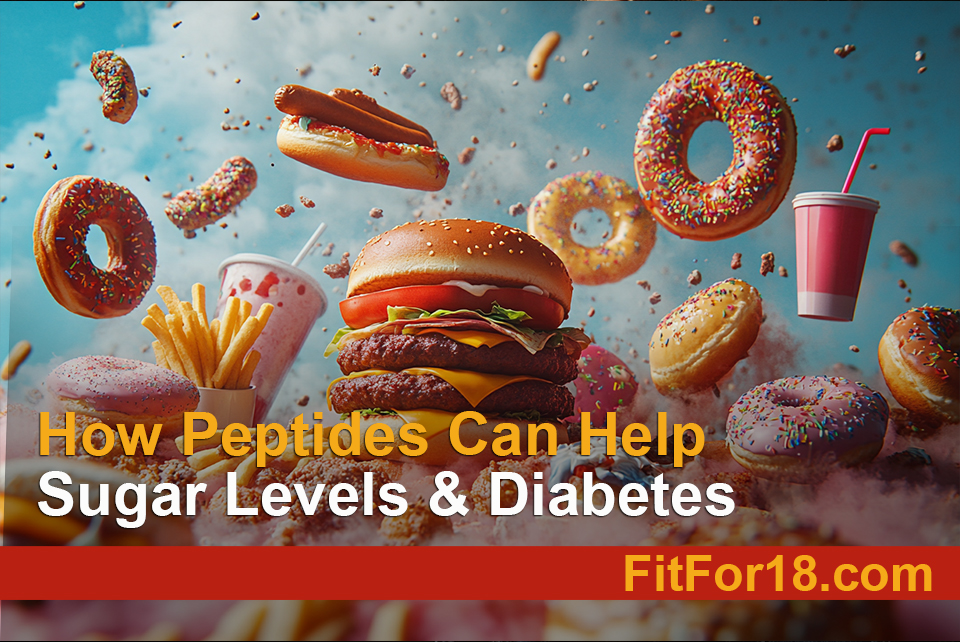
How Peptides Can Help Sugar Levels And Diabetes
How peptides can help people with diabetes keep their sugar levels in a healthy range.

Why Peptides Are a Safer, Smarter Choice Than Ozempic
Ozempic may be the latest crazy, but is it safe? Here is why peptides may be a better alternative.
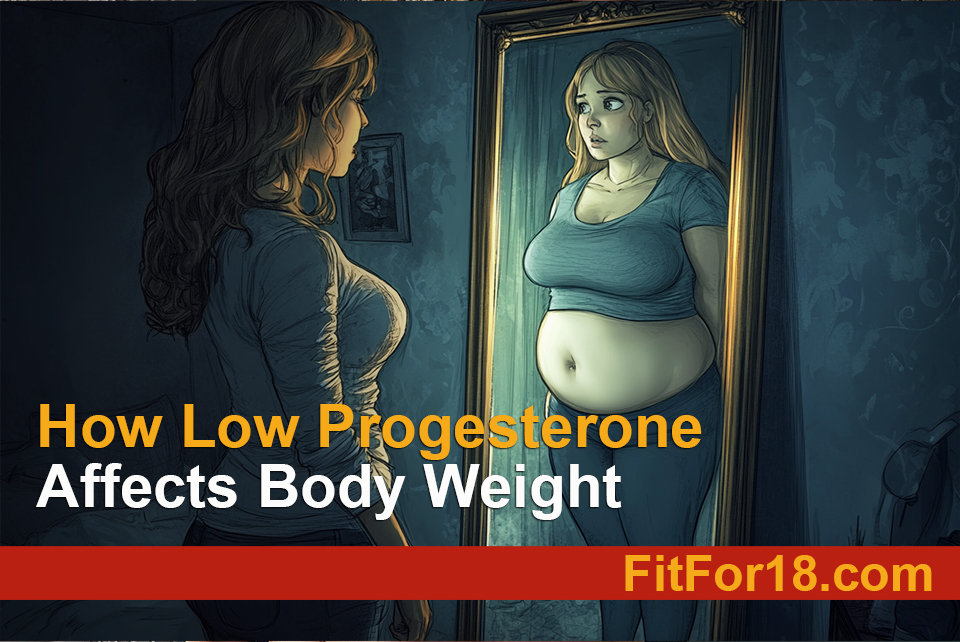
How Low Progesterone Affects Body Weight
How low levels of progesterone can significantly impact body weight.
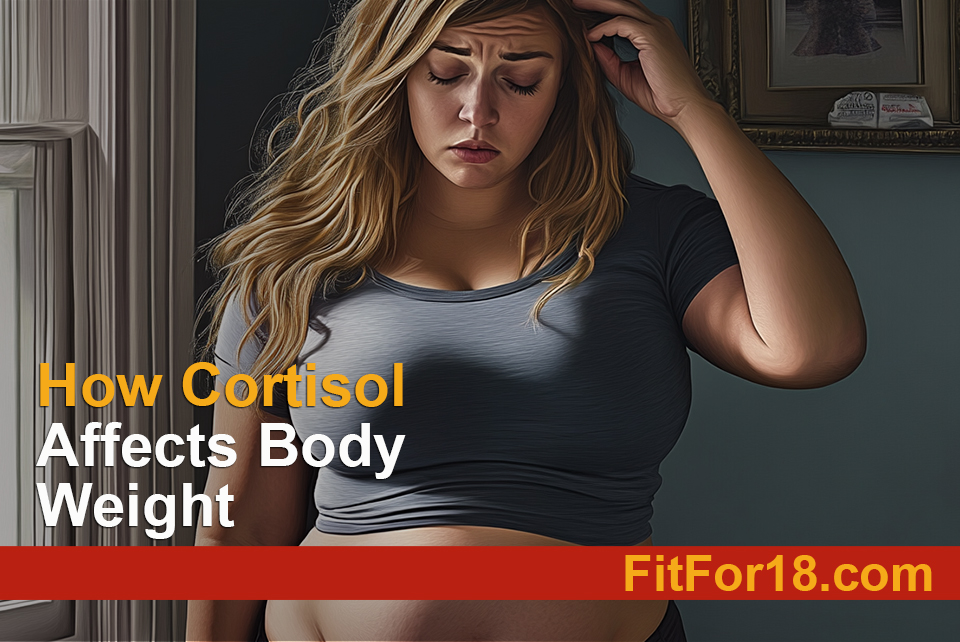
How Cortisol Affects Body Weight
The physical effects of cortisol and its influence on body weight.

Unlocking the Power of Superfoods
My favorite superfoods and how they can help boost your health with every bite!
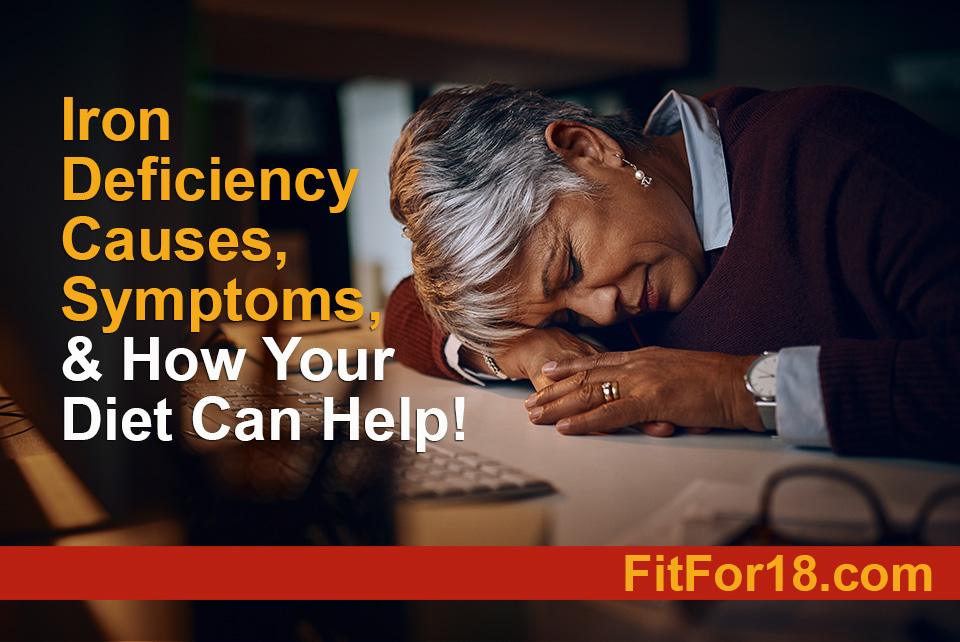
Iron Deficiency Causes, Symptoms, and How Your Diet Can Help!
Understanding iron deficiency and how your diet can help.

Get Moving: Top 5 Physical Activities For a Vibrant Retirement
A list of the top five physical activities that are perfect for retirees.
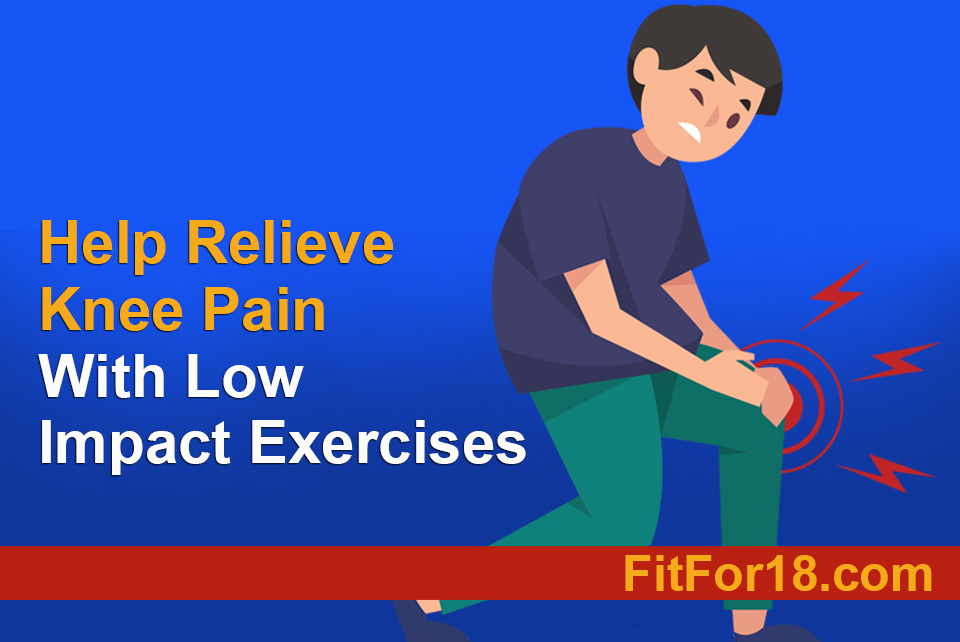
Help Relieve Knee Pain With Low Impact Exercises
Some common causes of knee pains and workouts that can help relieve them.

Losing Weight After Menopause
The challenges of losing weight after menopause and how to boost your chances of weight loss.
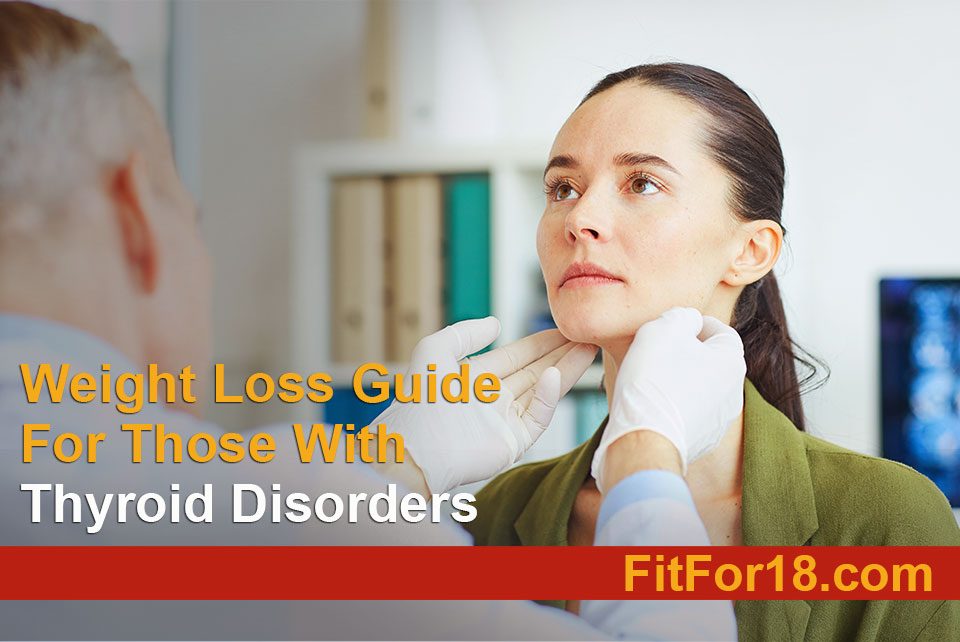
Weight Loss Guide for Those with Thyroid Disorders
Lifestyle choices that support weight loss and the well-being for those with thyroid challenges.

